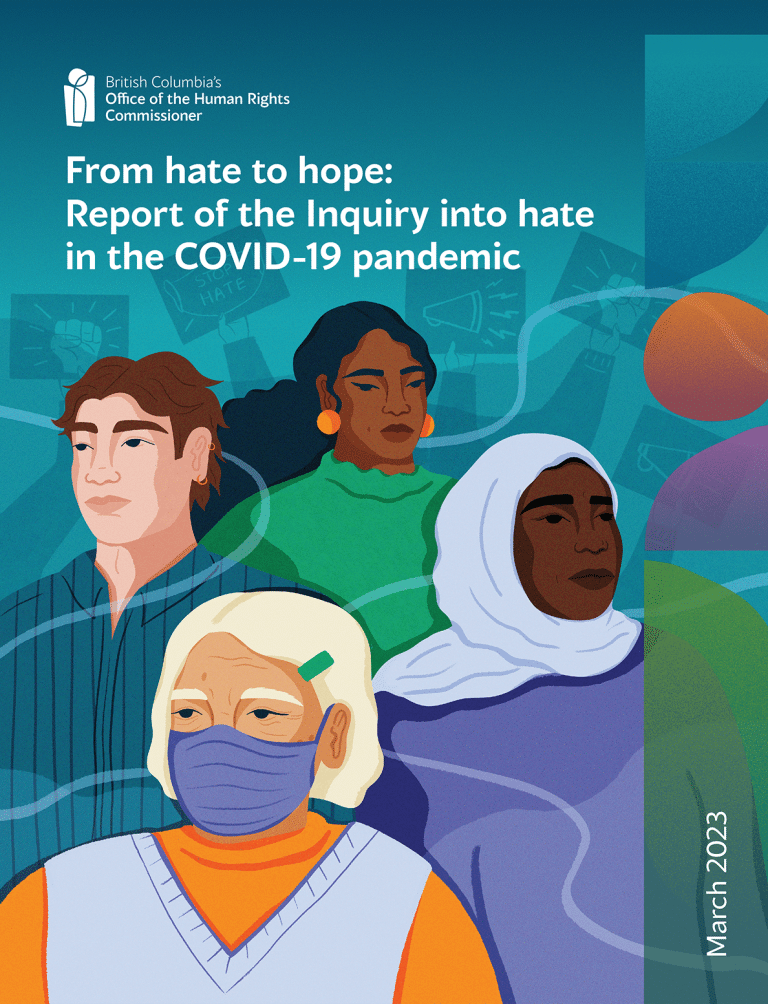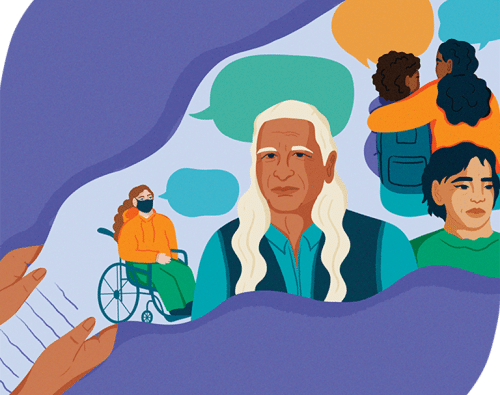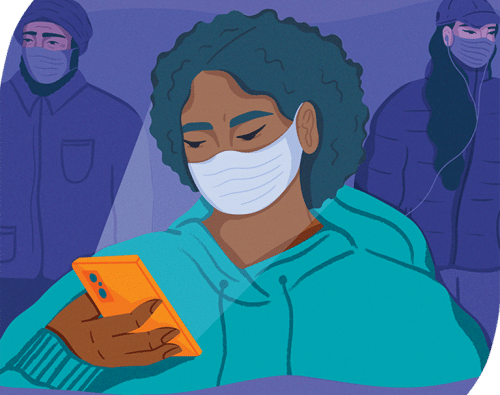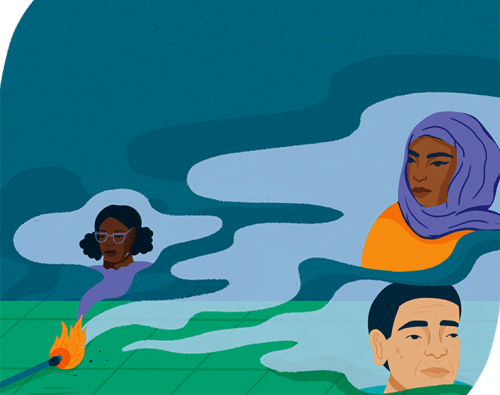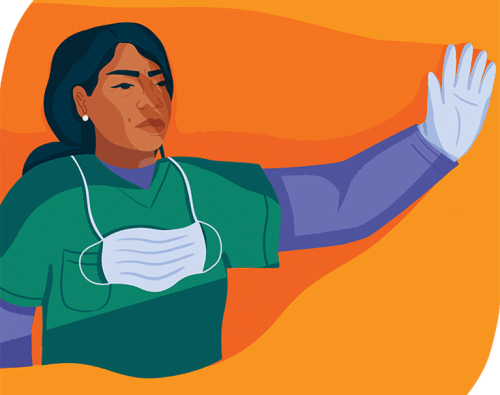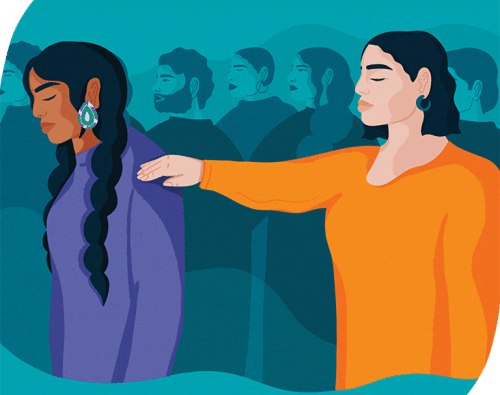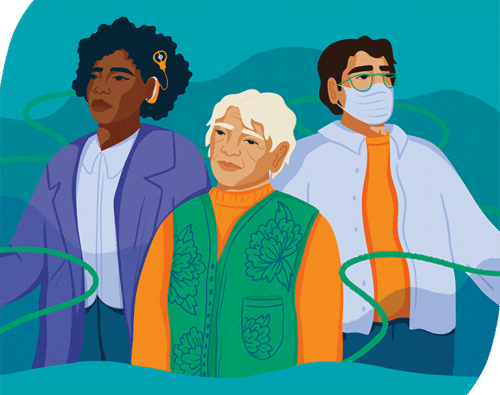Kasari Govender, B.C.’s Human Rights Commissioner: The Inquiry into Hate in the Pandemic was launched in August of 2021 in response to the significant increase in hate-related incidents being reported through the police, through the media and through communities. We wanted to understand what’s causing this increase in hate in our communities, its impact and how can it be addressed.
An inquiry is a tool that’s given to the Human Rights Commissioner under B.C.’s Human Rights Code. It includes powers like the ability to compel evidence or to require a person to testify under oath. This inquiry is the first for BC’s Office of the Human Rights Commissioner since we were created in 2019. This is the first inquiry in Canada to focus on hate in the pandemic and, as far as we know, the first of its kind anywhere in the world.
Judy Hanazawa, Greater Vancouver Japanese Canadian Citizens’ Association: I participated because it was really important to be counted as far as my own experience with racism and to make sure that there was a documentation of incidences.
Rowan Burdge, Poverty Reduction Coalition: We participated in the Inquiry in part because some of our C.A.N. members, which is our Community Action Network, who are folks with lived and living experiences of poverty, were letting us know that they were experiencing more and more incidents of hate and discrimination and more incidents of hate and discrimination
Tariq Tyab, Foundation For a Path Forward: Muslim women wearing hijab are very visible and they were subjected to microaggressions, physical abuse, verbal abuse…many, many across Canada. We felt it was incumbent to give voice to these issues that have occurred in our community and to show that even in Canada these things do happen. We have to highlight and find ways and strategies to protect our communities, not just the Muslim community, but other communities that are facing similar issues and difficulties.
During the pandemic, one horrific act happened in the city of London, Ontario, where a family of four was run over by a right-wing extremist. That was very concerning and created a lot of fear for the Muslim community of Canada.
Rowan: In the pandemic our community was experiencing a lot more violence. That was partly state violence—police violence—but also interpersonal violence on the streets for example. Many of the folks that access our programs rely on public space and so were really vulnerable to any kind of public incidence of hate that happened in the public sphere.
Judy: Another friend who’s my age was spat on in a store and she said it was especially hurtful because in 1942 the same thing happened to her mother. So, it sort of resonated with her that all these years have passed and these things still happen.
Rowan: Our hopes from the Inquiry are that we can, you know, first start to transform and understand more of the stigmatization that’s been occurring against people who are marginalized in society, including low income people. The other piece that we’re really hoping to see as an outcome of the inquiry is adding social condition to the B.C. Human Rights Code. I think that this data really upholds the need for that and and allows people who are low income, for example, or who are experiencing challenges with housing to have more legal rights.
Tariq: So the hope is to give voice to communities that are not often heard from, and the hope is, with this inquiry, with the information that’s learned and those that read it, can understand each other’s communities and various issues and challenges and through this understanding we can work together in allyship.
Judy: It’s really, really important for the general public to know the actual deeply, deeply harmful effects of racism. That it can be intergenerational, unless it’s directly talked about and the younger people in our families are standing up to make sure that the same kinds of harm that have happened to their grandparents doesn’t continue on. It is so sad that my friend who was spat on can remember that her mother in 1942 was also spat on. That is a terrible experience and it has to stop.


